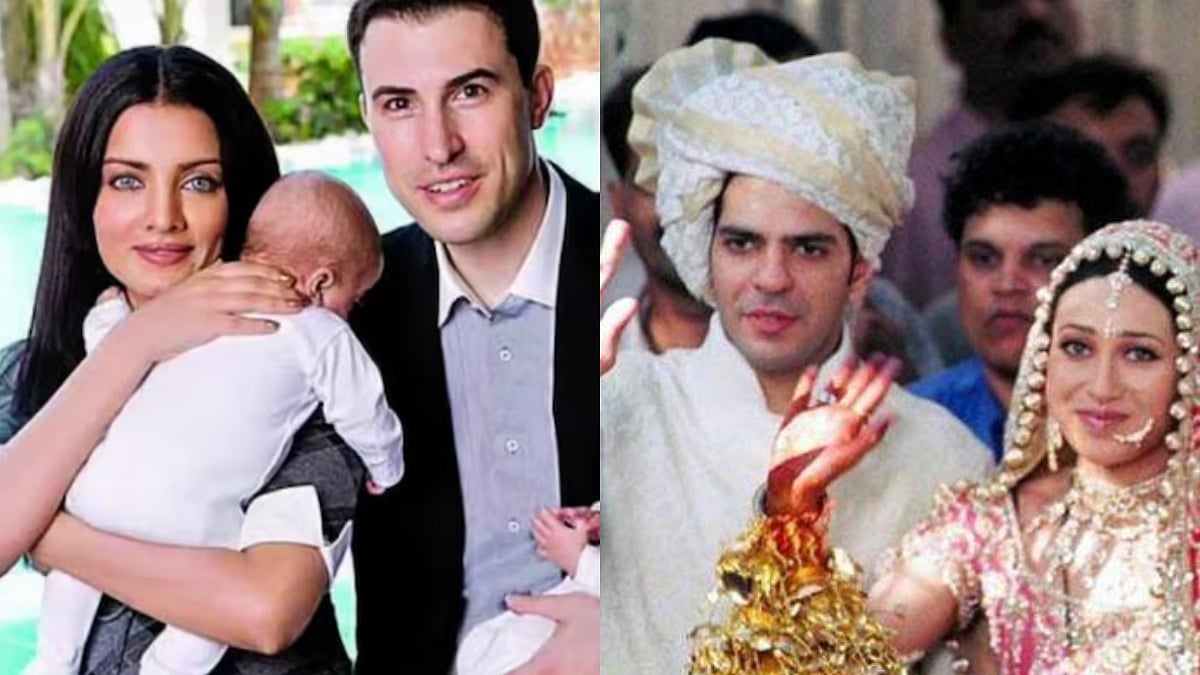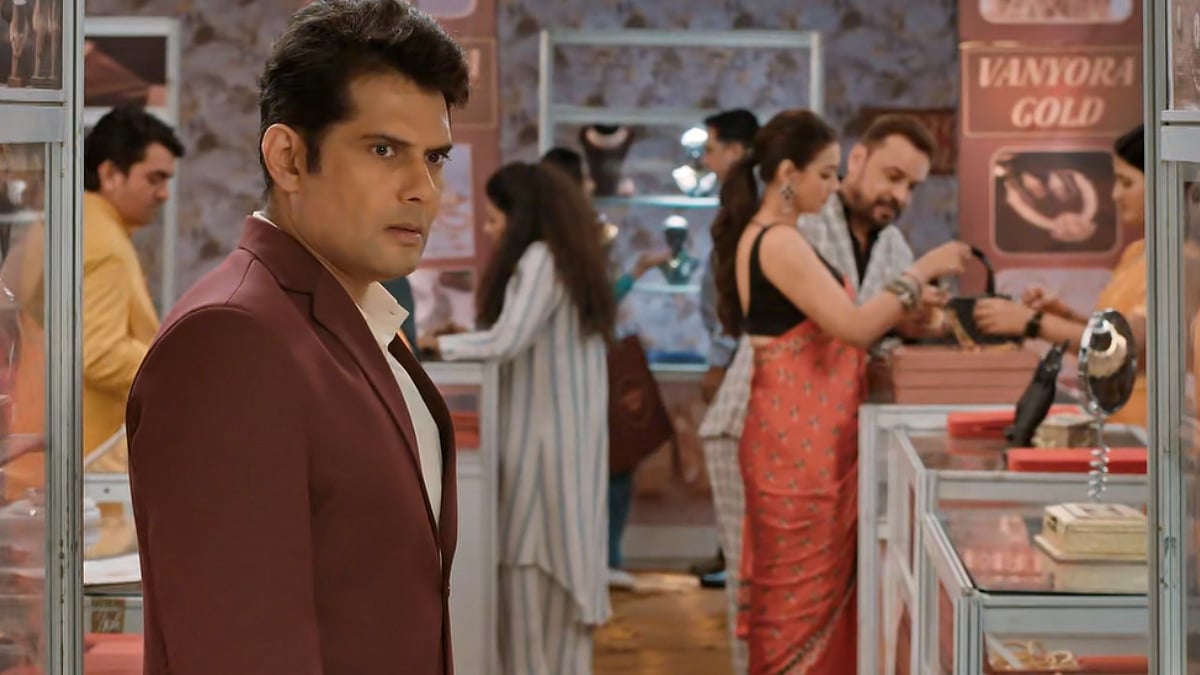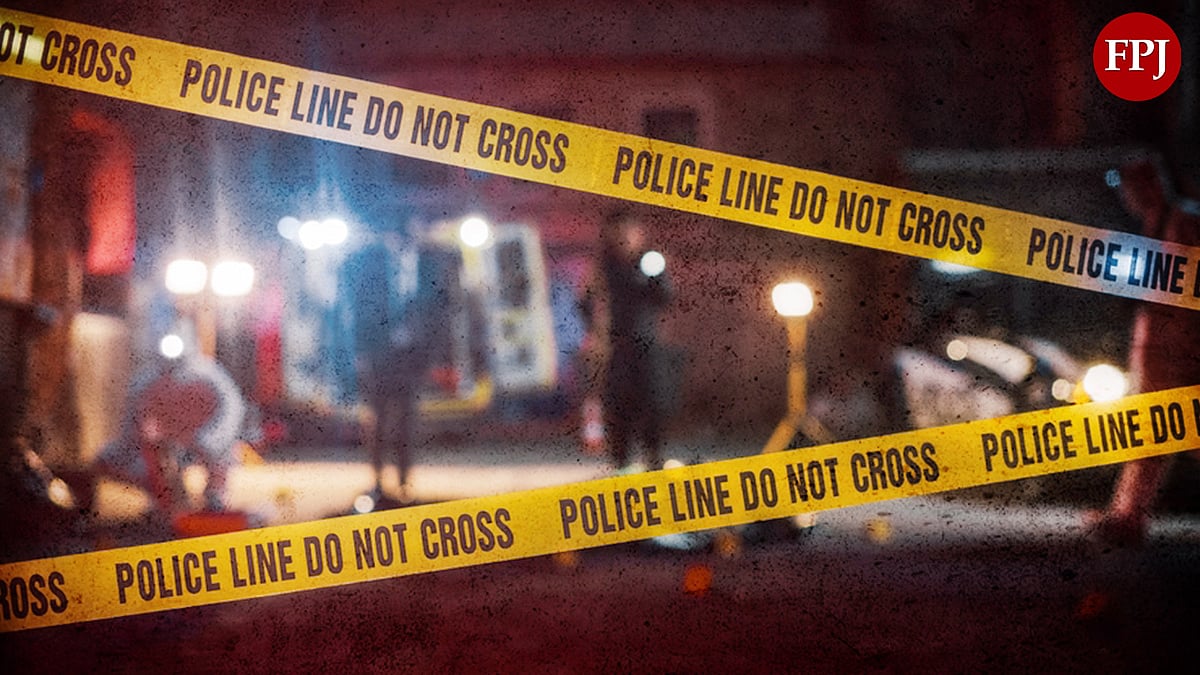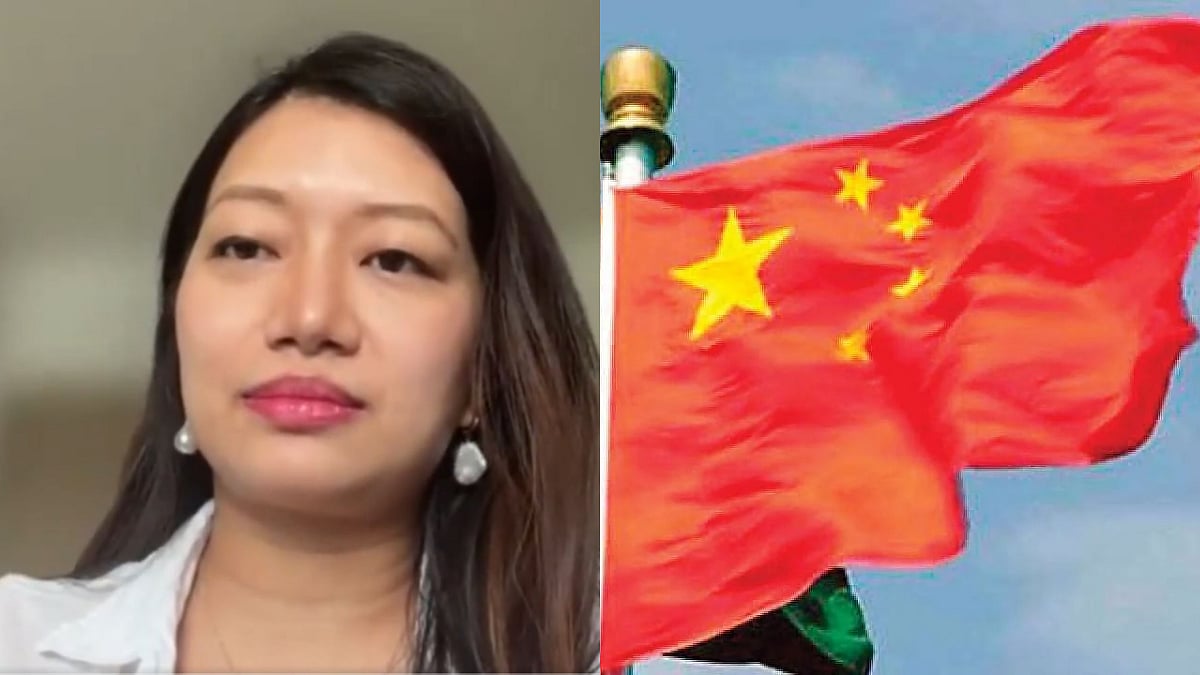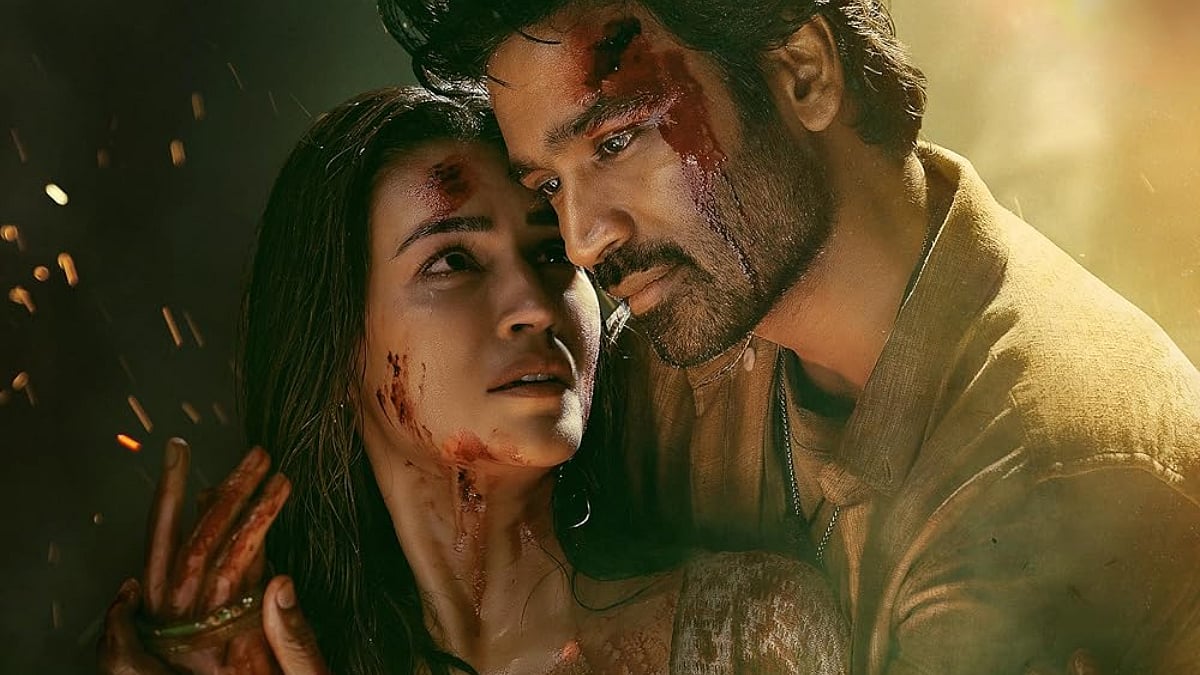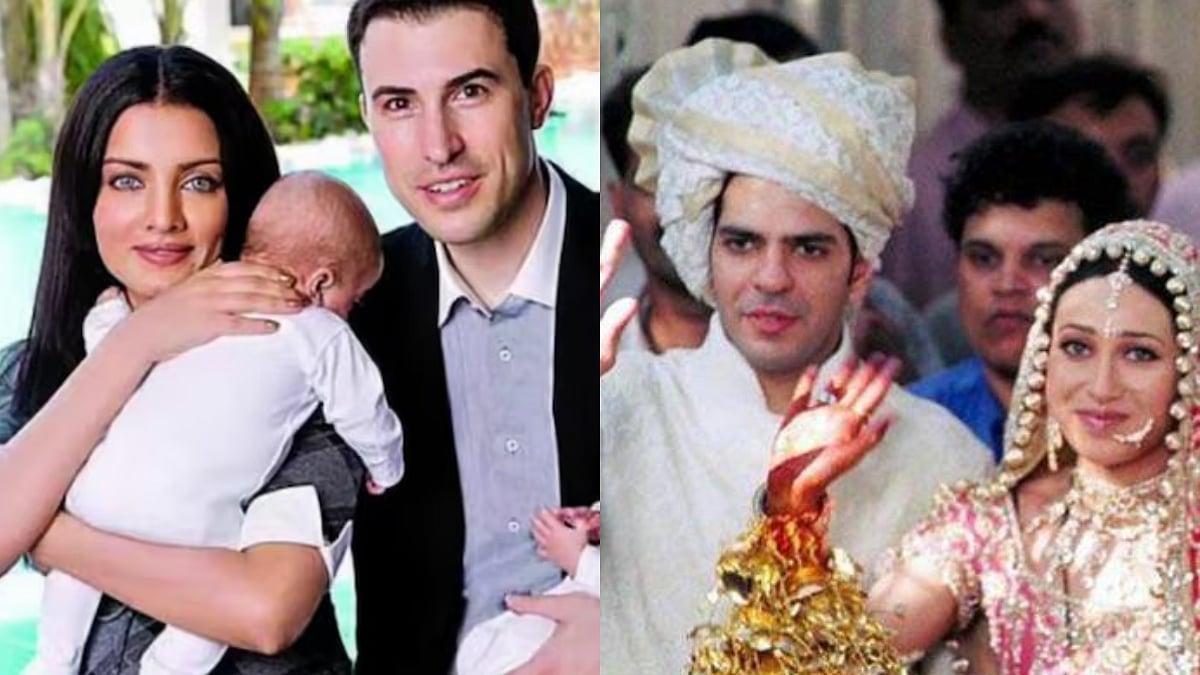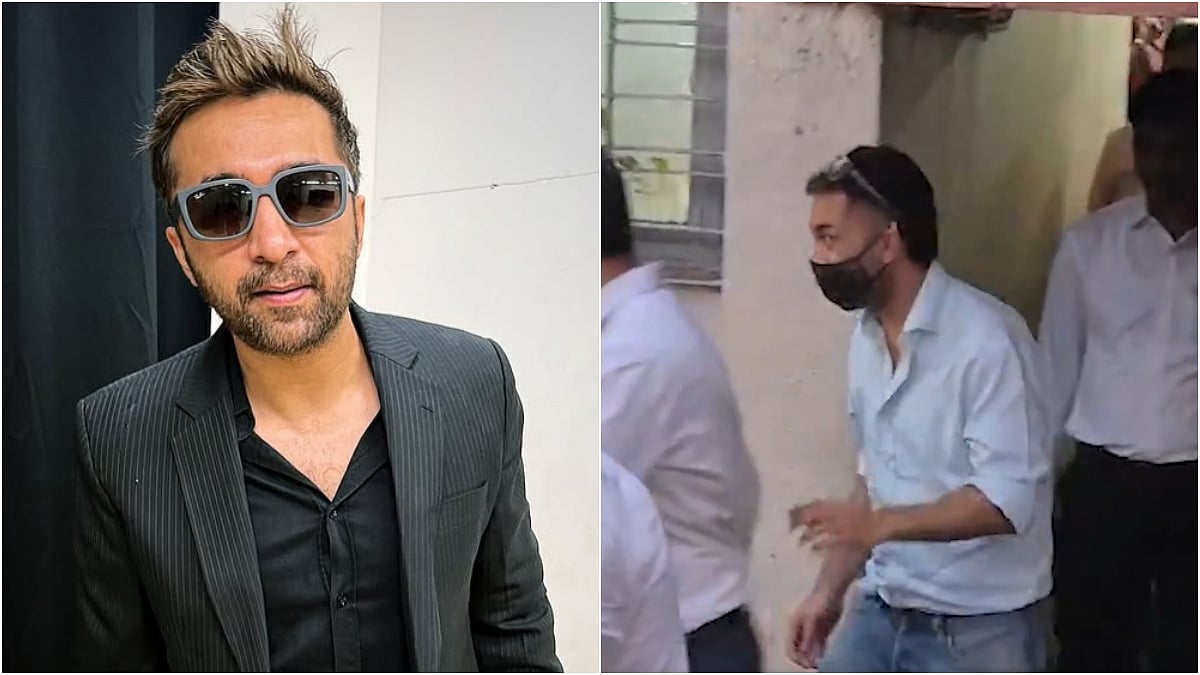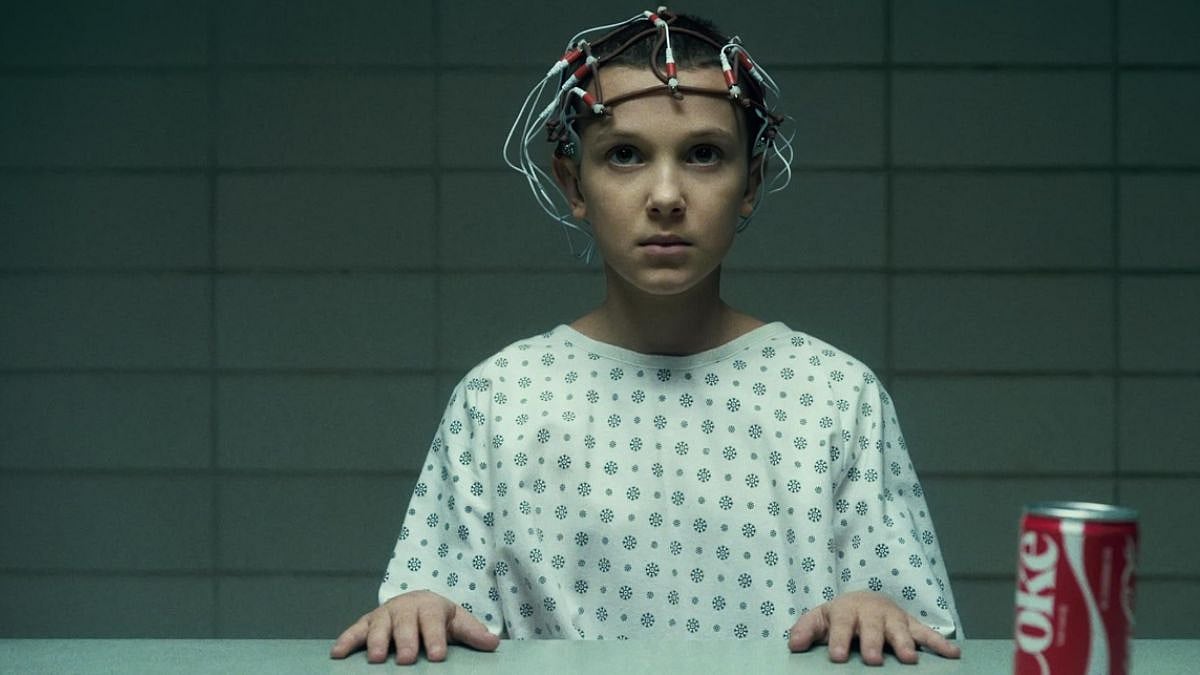Celina Jaitly is not alone. Several Indian actors have, over the years, spoken sometimes quietly, sometimes through court papers about abuse inside their marriages and relationships.
Karisma Kapoor: abuse hidden behind a ‘perfect’ marriage
Karisma Kapoor’s troubled marriage to businessman Sunjay Kapur ended in divorce in 2016. In the course of the legal battle, she alleged domestic violence and cruelty in court proceedings, including physical and emotional abuse.
Karisma has not turned her story into a public campaign, but the court records themselves tell a familiar tale: a high-profile wedding, social pressure to “adjust”, and the eventual decision to leave when things became unbearable. Her silence in interviews is also a comment it reflects how even famous women still pay a cost for naming violence too loudly.

Rati Agnihotri and the long marriage she finally left
Rati Agnihotri, the star of Ek Duuje Ke Liye, spent nearly three decades in an abusive marriage. She later revealed that she suffered repeated physical assaults and mental harassment, and finally went to the police when the violence escalated.
Her story undercuts the myth that “educated, urban” families are somehow above domestic violence. They are not. What is different is only the size of the house and the car parked outside.
Dimpy Ganguly and the ‘reality show’ marriage that turned real
Dimpy Ganguly, who married Rahul Mahajan in a reality TV wedding, accused him of beating her barely months later. In 2010 she told the media he had punched, kicked and dragged her by the hair, describing the assault in detail.
The shock at the time was less about the violence and more about the fact that it spilled out of a nationally televised fairytale. But that is precisely the point: the abuse was never entertainment, even if the wedding was.
Aishwarya Rai’s rare, blunt statement
After her breakup with Salman Khan in 2002, Aishwarya Rai issued a written statement saying she had been at the “receiving end” of his verbal, physical and emotional abuse, as well as infidelity and indignity.
Khan has denied physically abusing her. But the fact that one of India’s most powerful actresses had to watch her career suffer after speaking out losing films and facing industry cold-shouldering sends a clear message to other women in the business: you can tell the truth, but you may have to pay for it.
The pattern across these stories is hard to miss. Abuse is often prolonged, the decision to leave is delayed, and public acknowledgement is treated as a scandal rather than a survival strategy.
Rihanna’s bruised face that forced the world to look
If there is one image that pushed domestic violence into the centre of global pop culture, it is the photograph of Rihanna’s face after she was assaulted by then boyfriend Chris Brown in 2009.
Brown later pleaded guilty to felony assault, received probation, community labour and mandatory domestic-violence counselling. Rihanna’s injuries were widely published arguably in ways that were invasive and sensational but the incident also forced a mainstream conversation about intimate partner violence and power in the music industry.
Rihanna has since spoken, cautiously but firmly, about the need to walk away from unhealthy relationships and rebuild one’s life. Her post-trauma journey from global sympathy to building a business empire and crafting her own narrative has become a template of resilience that many young fans quietly look to.
Yet it should not take a leaked police photo of a battered superstar for us to believe that women are being assaulted in their homes. The media’s obsession with Rihanna’s bruises says as much about our culture of voyeurism as it does about our willingness to confront violence.
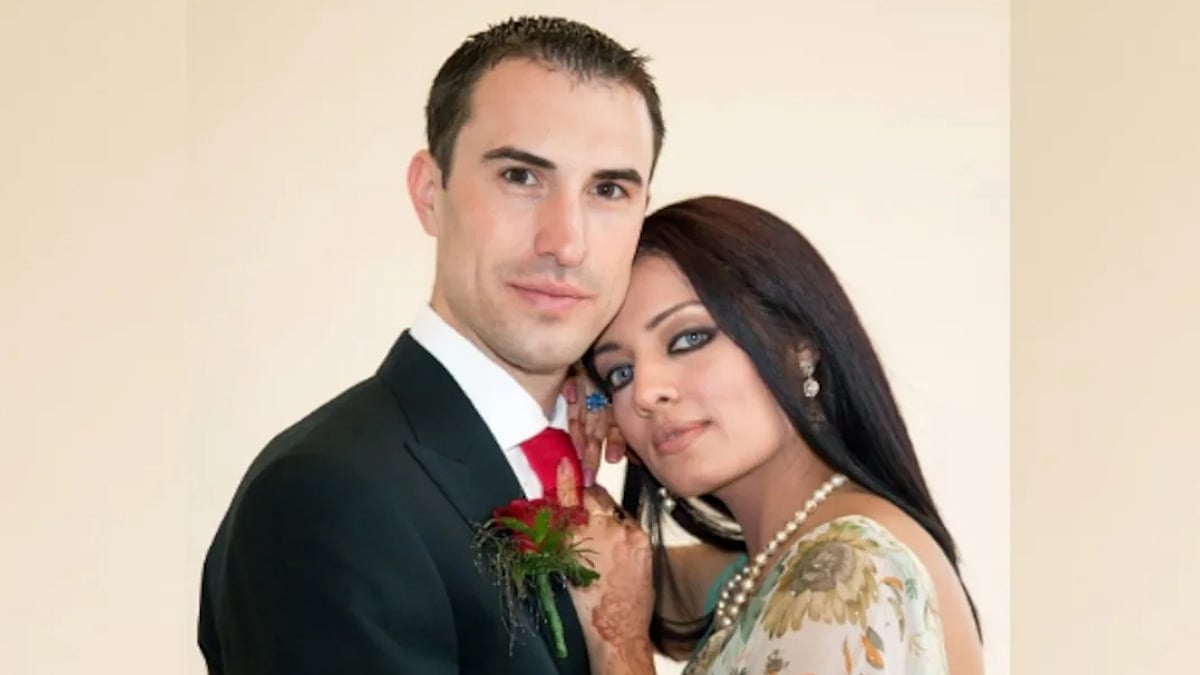
Childhood violence that never really leaves
Not all celebrity stories are about abusive partners; some are about growing up in homes where violence was a daily language. Those wounds are less visible, but just as deep.
Halle Berry: “I watched my mother being beaten”
Oscar winner Halle Berry has repeatedly spoken about watching her father assault her mother being kicked down the stairs, hit with a wine bottle, abused so often that violence felt normal.
In recent interviews, Berry has described the guilt and fear she carried as a child, and how she is now working to break that cycle of generational abuse in her own family. That honesty matters, because it challenges the idea that domestic violence is a “private” problem that children will somehow forget. They do not.
Christina Aguilera: turning a ‘war called home’ into music
Singer Christina Aguilera has often linked her music to her violent childhood. She has spoken about watching her mother being abused by her father, and experiencing fear and instability at home.
Aguilera has backed domestic-violence campaigns and used her platform to highlight how trauma shows up later in life in anxiety, in parenting, in the way survivors choose partners. It is advocacy grounded not in theory, but in memory.
Charlize Theron: a mother who shot an abusive father in self-defence
Charlize Theron’s story is perhaps one of the starkest. As a teenager in South Africa, she watched her alcoholic, violent father threaten to kill her and her mother. That night, her mother shot him dead in what authorities treated as self-defence.
Theron has said she is “not ashamed” to talk about it and has used her public voice to draw attention to gender-based violence. There is an uncomfortable truth in her story: sometimes, the only thing standing between a woman and lethal violence is an act that itself sits on the edge of the law.
These childhood accounts underline a broader point: domestic violence is not just about bruises on a partner’s body. It is a climate of fear that shapes how children see love, conflict and safety for the rest of their lives.
Speaking out even when the law falls short
Not every survivor gets closure in court. Actress Evan Rachel Wood has, for years, alleged that rock musician Marilyn Manson (Brian Warner), her former fiancé, subjected her to sexual, physical and psychological abuse.
Manson has consistently denied the allegations. After a multi-year investigation into claims of sexual assault and domestic violence, prosecutors in Los Angeles recently announced they would not be filing criminal charges, citing the age of the allegations and insufficient evidence for conviction.
Legally, that is the end of the matter for now. But culturally, Wood’s decision to name him publicly, participate in documentaries and stand alongside other accusers has already shifted the conversation around coercive, controlling relationships in the entertainment industry.
Her case is a stark reminder that “no charges” does not always mean “no harm”. It also shows the limits of criminal law in dealing with complex, intimate abuse that unfolds over years behind closed doors.
The pattern behind the headlines
Seen together, these stories Celina Jaitly in an Indian courtroom, Karisma Kapoor and Rati Agnihotri leaving violent marriages, Rihanna in a police photo, Halle Berry and Christina Aguilera reliving their childhoods, Charlize Theron surviving a fatal night, Evan Rachel Wood still fighting to be heard follow a pattern.
The abuser is often powerful or protected. A wealthy husband, a bankable male star, a globally famous musician. Power helps shield them from scrutiny and delays accountability.
The survivor is usually asked to “keep it private”. From family elders to studio heads, the first instinct is damage-control, not justice. The woman is told to adjust, forgive, move on for the children, for the brand, for the next box office opening.
Speaking up has a cost. Aishwarya Rai’s career slump after her statement, Rihanna’s public humiliation, Wood’s online abuse and character attacks all show that survivors are judged as harshly as the men they accuse.
And yet, they are speaking up. That itself is a quiet revolution.
Why these stories matter beyond gossip
It is easy to read celebrity abuse stories like a darker version of entertainment news another twist in a glamorous life we do not recognise as our own. That is the comfortable mistake.
Domestic violence in India and elsewhere remains under-reported, under-prosecuted and often normalised. When famous women and men describe the same patterns that ordinary survivors talk about control, isolation, humiliation, repeated assaults, and the exhausting struggle to leave it becomes harder for society to pretend that abuse is rare or “only happens in certain kinds of families”.
There is also a practical impact.
High-profile disclosures can push governments to revisit how seriously police treat domestic-violence complaints.
They encourage media to shift from sensational images of bruises to deeper reporting on laws, shelters and support systems.
They give survivors language emotional abuse, marital rape, coercive control that the law and society have long refused to recognise fully.
Of course, celebrity stories are not the whole picture. Most survivors will never see their names in a headline; their battles will be fought in district courts, cramped homes and crowded police stations. But when someone like Celina Jaitly files a case, or Rihanna walks away from a man who nearly killed her, or Charlize Theron says she is “not ashamed” of what she survived, it chips away at the shame that keeps others quiet.
The real test is whether these testimonies change more than the news cycle. Do they lead to better funding for helplines and shelters? Faster, more survivor-centric courts? Police officers trained to see abuse as a crime, not a “family matter”?
Until that happens, every new celebrity disclosure will feel uncomfortably familiar: another reminder that behind locked doors whether in a small flat or a sea-facing bungalow violence still believes it can stay invisible.
